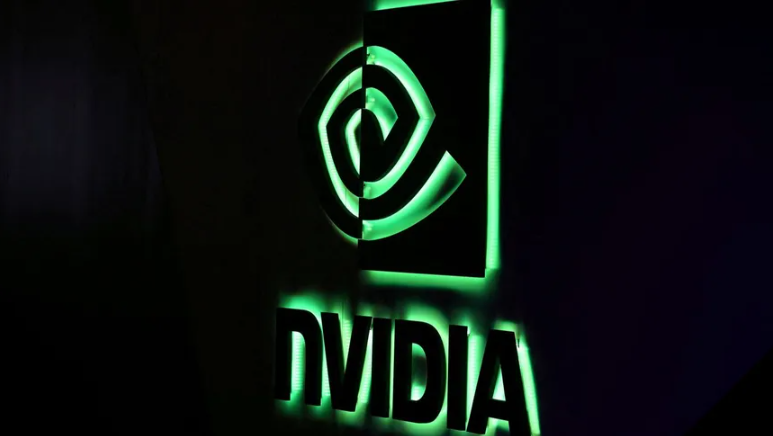
NVIDIA has introduced a distinct version of its renowned RTX 4090 graphics card, named RTX 4090D, specifically targeting the Chinese market. This variant comes with slightly reduced capabilities compared to the original card, boasting a 5% lower graphics processing and graphics development power.
According to the company’s website, the new card features 14,592 cores, significantly fewer than the base version, which had 16,384 cores. Additionally, the power requirement for the new release is 425 watts, compared to 450 watts in the original version.
The new graphics card represents NVIDIA’s latest effort to continue selling its chips within the Chinese market, while adhering to restrictions imposed by the United States. Washington has prohibited the sale of NVIDIA’s advanced A100 and H100 chips in China, including chips developed specifically for Chinese companies with artificial intelligence needs, such as the A800 and H800. The ban also extended to the RTX 4090 graphics card through decisions made in October.
Benjamin Perron, a spokesperson for NVIDIA, affirmed that the new graphics processor fully complies with U.S. restrictions on exporting technological products to China. He mentioned that the company had been in intensive communication with the U.S. government during the development stages of the new chip.
The RTX 4090D graphics card is expected to enter the Chinese market in January at a price of ¥12,999, approximately $1,836. This move aims to meet the high demand for advanced graphics processing chips, reflected in Chinese companies developing and repurposing old NVIDIA RTX 4090 chips, which were available in the market before being banned by Washington. These chips are now being relied upon by Chinese companies for training and operating artificial intelligence models.
The tightening of U.S. restrictions on exporting technology to China eventually led Chinese companies to seek local alternatives. In November, Chinese company Baidu submitted a request to purchase electronic chips for training its Ernie AI model from Huawei, attempting to compensate for the absence of NVIDIA chips. Baidu sought to acquire 1,600 chips, valued at $61.83 million, for running 200 servers used in training its artificial intelligence models.
Sources revealed that Huawei has already delivered 1,000 chips, with the remaining chips set to be delivered to Baidu by the end of the current year. Both Chinese companies announced in August 2023 that they were deepening their collaboration between Huawei’s Ascend AI chips and Baidu’s Ernie AI intelligent model.
Leave a Reply